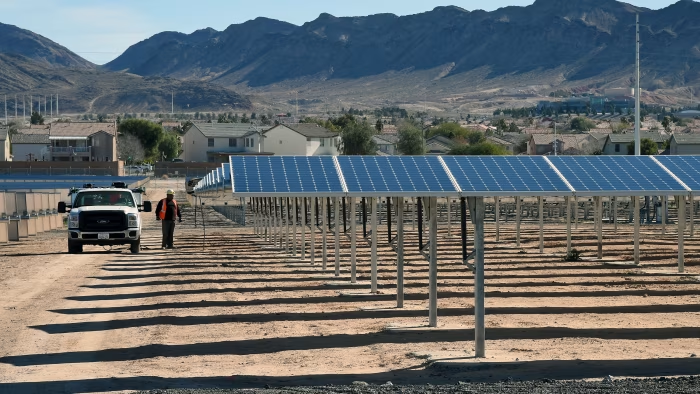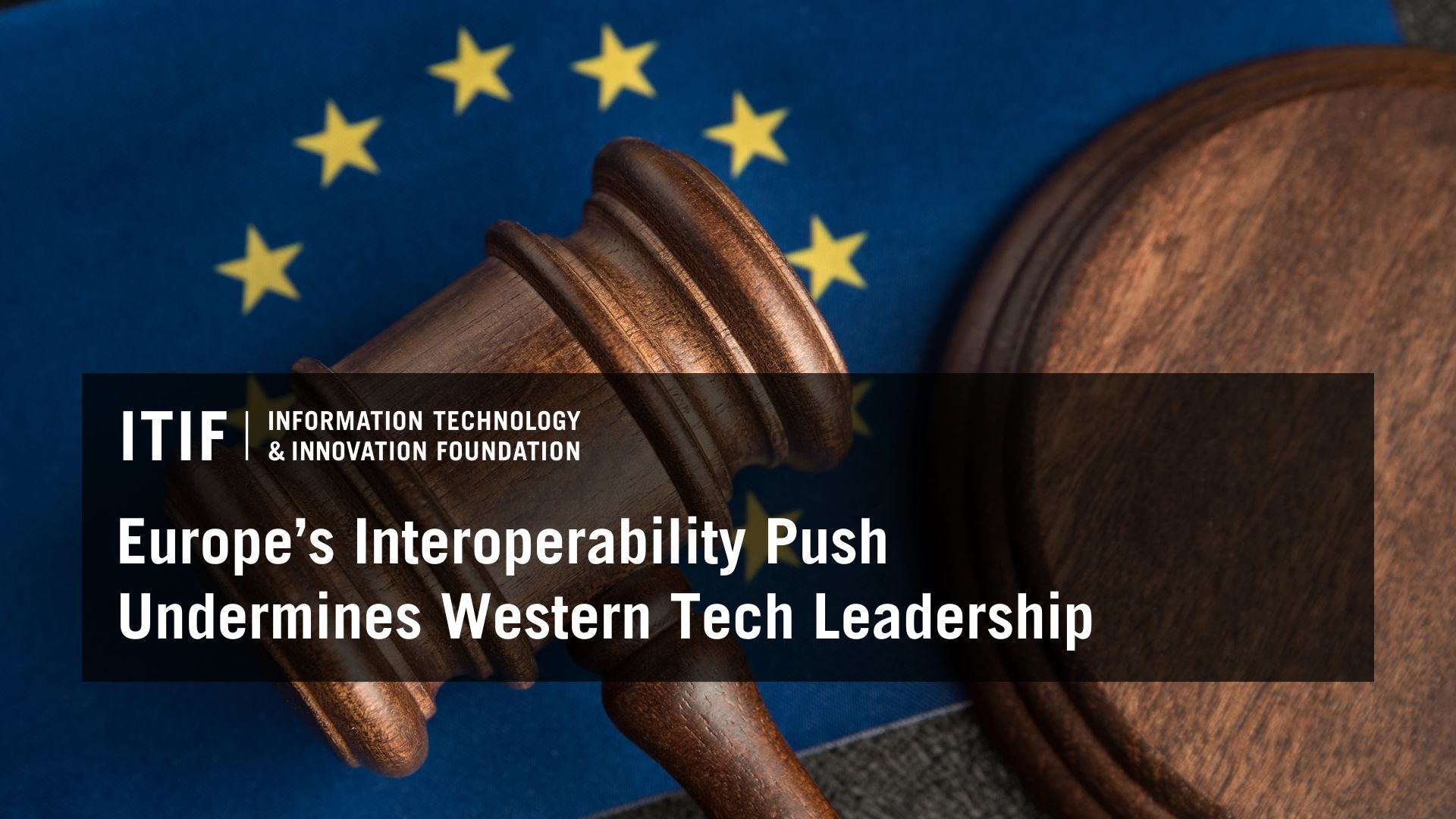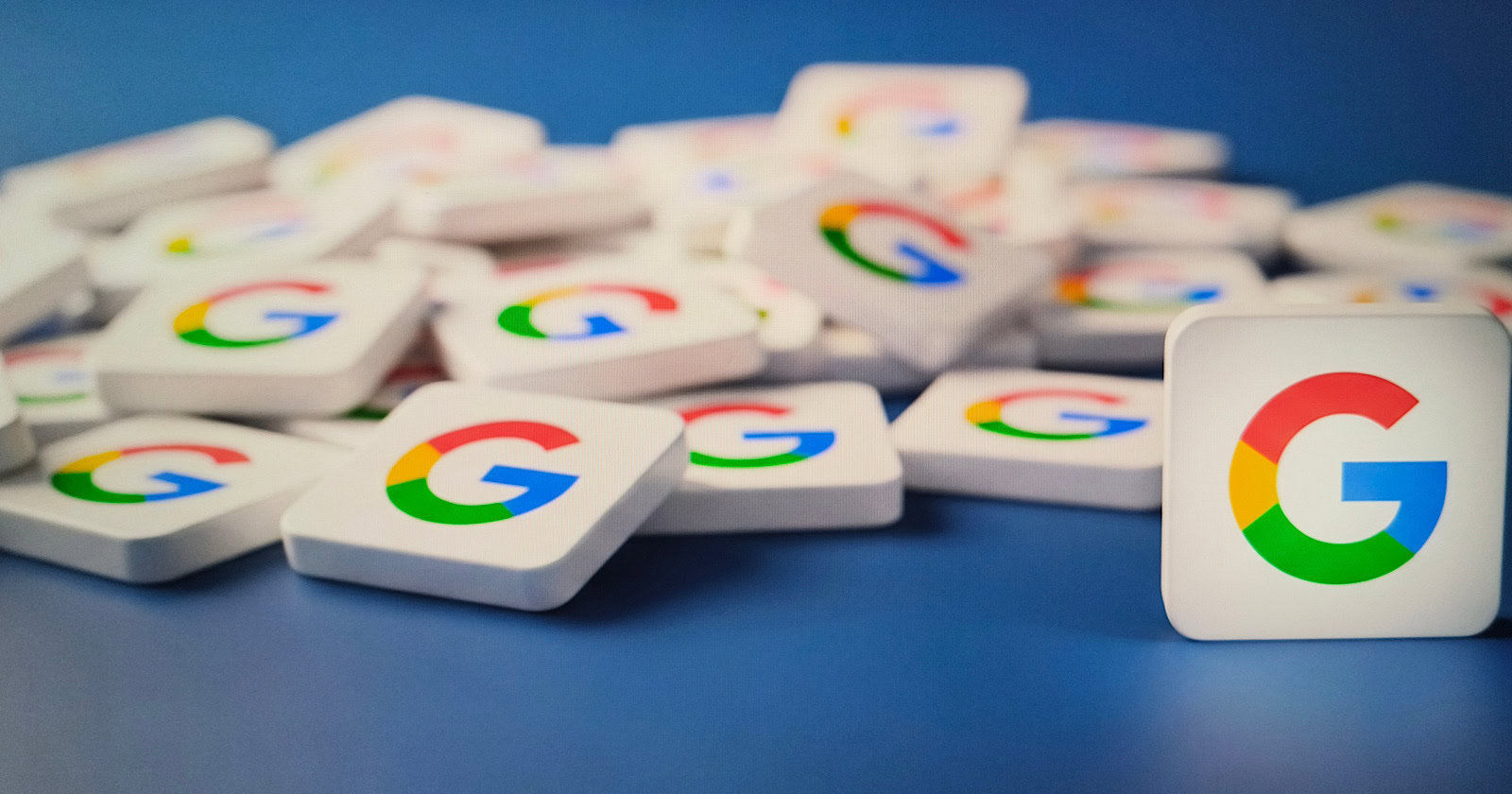Raw materials usually to blame when things with explosives go wrong – ballistics expertpublished at 21:16 BST
Freya Scott-Turner
Live reporter
Usually when things go wrong with explosives, it’s with the
raw materials says Dr Chris…

Freya Scott-Turner
Live reporter
Usually when things go wrong with explosives, it’s with the
raw materials says Dr Chris…

Unlock the White House Watch newsletter for free
Your guide to what Trump’s second term means for Washington, business and the world
The US has moved to cancel what would have been the largest solar project in North America, as the Trump administration expands its attack on the embattled renewable energy industry.
Late on Thursday the Bureau of Land Management scrapped approval for Esmeralda 7, a 6.2 gigawatt project that could have powered nearly 2mn homes. It had begun the permitting process under the Biden administration.
The high-profile Nevada solar project backed by NextEra Energy, the largest renewable energy company in the US, is the latest to become a casualty of the Trump administration. The American president has called renewable energy projects a “scam”.
The Esmeralda 7 project consisted of seven solar farms and battery systems and was backed by power developers including Arevia Power, ConnectGen and Invenergy. It would have covered about 62,300 acres of federal lands in the Nevada desert north-west of Las Vegas.
Since January, Doug Burgum’s Department of the Interior has accelerated permitting for fossil fuel projects while tightening restrictions on solar and wind initiatives.
Large offshore wind projects have already been drawn into the administration’s crosshairs. In April Burgum ordered Equinor to halt construction activities on its 810 megawatt Empire offshore wind farm and issued a stop work order on Ørsted’s Revolution Wind.
While both projects were eventually allowed to proceed, industry backers say the uncertainty undermines US energy needs and investor confidence.
The crackdown on renewables comes as the country faces soaring power demand due to the proliferation of data centres to fuel the rise of artificial intelligence as well as the electrification of vehicles and home appliances.
NV Energy, the state’s largest utility, projects that power demand will be 34 per cent higher in 2035 compared with 2022.
“We remain deeply concerned that this administration continues to flout the law to the detriment of consumers, the grid and America’s economic competitiveness,” said Ben Norris, vice-president of regulatory affairs for the Solar Energy Industries Association.
“We need more power on the grid, fast, and the solar and storage industry is ready to provide it, but we need the administration to get serious about truly achieving American energy dominance.”
The Department of the Interior did not confirm that the project had been cancelled, but said it and the project developers had “agreed to change” approach and that they would have the option to “submit individual project proposals to . . . more effectively analyse potential impacts”.
NextEra said it “remain[s] committed to pursuing our project’s comprehensive environmental analysis by working closely with the Bureau of Land Management”.
Invenergy declined to comment.

Honor has released some new teasers about its upcoming Magic8 Pro, and specifically about its 200 MP telephoto camera. This will have a 1/1.4″ type sensor, the AIMAGE Honor Nox Engine, a large f/2.6 aperture, and, according to the brand,…

Indonesia has denied visas to Israel athletes ahead of the upcoming world championships in the world’s most populous Muslim-majority nation.
Published On 10 Oct 2025
Gymnastics’ governing…

Regularly eating meals away from home may carry more than just financial costs. A large cohort study of over 42,000 adults in China found that frequent dining out was significantly associated with an increased risk of


Many successful tech firms rely on closed, integrated ecosystems that limit third-party access to preserve consistent performance, user privacy, and device security. With its Digital Markets Act, the European Commission has mandated a different approach by requiring a small number of designated “gatekeepers,” the vast majority of which are American, to open up their platforms to third parties. But the EU’s interoperability requirements do not just create heavy engineering burdens on firms and distort investment into new features, they also directly harm European consumers by forcing companies like Apple to weaken its security and withhold innovative new features in the single market.
The DMA imposes numerous interoperability obligations on service providers, which the EU has framed as necessary to ensure “all developers have an effective and predictable path to interoperability and are enabled to innovate.” Notably, Article 6(7) sets out specific obligations for ensuring “effective interoperability”—a tenuous standard in practice which, as ITIF has argued, is not limited to protecting as-efficient competitors and the EU is enforcing in a way akin to public utility regulation rather than more “light touch” conduct-focused rules. In addition to interoperability, the DMA’s Article 6(4) also requires gatekeepers to allow sideloading applications and Article 5(4) bans gatekeepers from restricting business users from steering customers to other platforms or payment options.
The EU’s DMA interoperability regime is already imposing a heavy cost. Specifically, the DMA’s interoperability rules broadly require Apple to give third-party developers the same level of access to core iOS software features that Apple’s own apps and services enjoy. As such, Apple is being forced to gut the seamless and secure ecosystem that it has built and optimized internally for years. Not only does this increase the number of external developers with deep system access to iOS, creating privacy and security risks, but it also reduces Apple’s incentive and ability to roll out new features. Indeed, the introduction of Apple Intelligence, the company’s new suite of on-device AI tools, was already delayed in Europe, signaling a new normal in which European consumers may receive major technological innovations later than the rest of the world.
The interoperability provisions also reach into Apple’s hardware ecosystem, posing yet another set of important risks to security and privacy that will be passed on to consumers in the form of reduced innovation. For example, the European Commission’s interoperability rules for connected devices limit Apple’s ability to roll out new features without having to effectively white-label them for third-party connected device rivals. Unsurprisingly, this has had a chilling effect on Apple’s European release of Live Translation for AirPods, a new feature that synchronizes audio between the earbuds and the iPhone in real time. Delivering Live Translation to third-party earbuds requires opening low-level audio and pairing controls that currently keep user data secure, and doing so risks compromising conversation data. Unfortunately, the new normal for European consumers is clear: delayed or stifled innovation for reduced privacy and security.
In addition to the interoperability requirements, the EU is using other parts of the DMA to tear down Apple’s “walled garden.” For example, anti-steering provisions require Apple to allow developers to direct users to external payment channels, bypassing the App Store’s vetted transaction system—dismantling the secure payment architecture that has long protected users from fraud and unauthorized data collection. Moreover, sideloading rules force Apple to permit alternative app stores and direct app downloads outside its established review process. As Apple has pointed out, this change has not only created a more fragmented user experience, but enabled the distribution of apps that circumvent local laws, such as gambling applications in jurisdictions where gambling is illegal. Rather than protect consumers, the DMA is introducing new vectors for fraud and illegal content.
To be sure, this undermining of American tech companies under the DMA is no accident; EU policymakers deliberately calibrated the DMA’s gatekeeper thresholds to capture leading American tech companies while exempting European competitors (only later was one European company, Booking.com, designated). Indeed, DMA rapporteur Andreas Schwab expressly stated that the regulation should focus on the “top five” rather than include European firms to “appease the United States.” This discriminatory approach underscores how the EU is using digital regulations like the DMA for protectionist economic reasons rather than to promote consumer welfare.
Indeed, the DMA’s interoperability mandates are discriminatory in both design and effect. For American gatekeepers, these obligations impose steep compliance costs, force the disclosure of proprietary technology, and delay product rollouts. This undermines not only U.S. but broader Western technological leadership because it creates opportunities primarily for Chinese rivals to free ride off the DMA and close the global technological gap. The Trump administration has made clear it will not tolerate such measures, and with good reason: when regulations target U.S. companies, they cease to be neutral competition policy and become non-tariff trade barriers. If Brussels continues down this path, the result will be not only weaker Western competitiveness but also escalating transatlantic trade frictions—damaging EU-U.S. relations while the United States reconsiders its trade policies.
The DMA’s current approach is not a balanced competition policy, but rather a set of overbroad, discriminatory mandates that impose disproportionate burdens on American firms, weaken Western technological leadership, and risk deepening trade frictions at a moment when transatlantic cooperation is crucial. Promoting competition and expanding opportunities for developers are worthwhile goals, but they should be pursued through collaborative frameworks that provide the utmost respect for privacy, security, and technical feasibility, rather than be imposed through heavy-handed regulations like the DMA. Otherwise, the EU’s course risks undermining not just innovation, but also the collective ability of the West to maintain its technological edge against strategic rivals such as China.

Captain Joshua Kimmich scored twice in a comfortable 4-0 win over 10-man Luxembourg as Germany moved top of their World Cup qualifying group after a stuttering start to their campaign.
Defeat to Slovakia last month had put some pressure on head…

Google has released Lighthouse 13 with a broad audit consolidation that aligns Lighthouse reports with Chrome DevTools’ newer insight model.
The update is available now via npm and Chrome Canary. It will roll into PageSpeed Insights within…